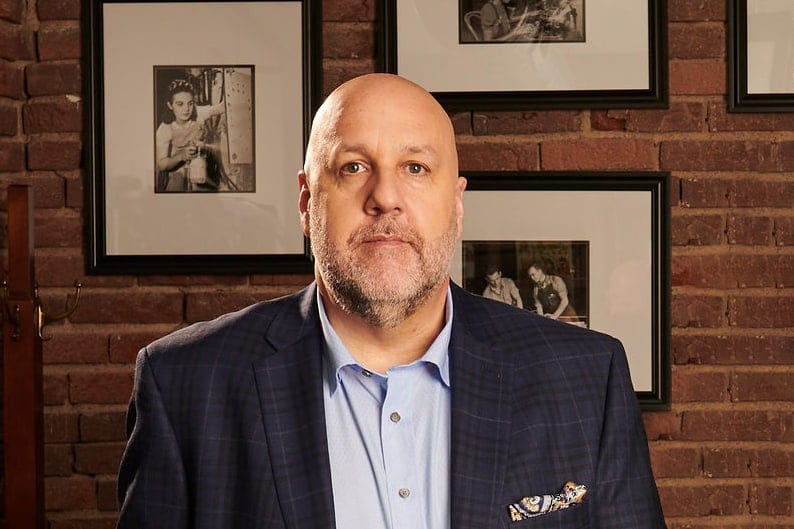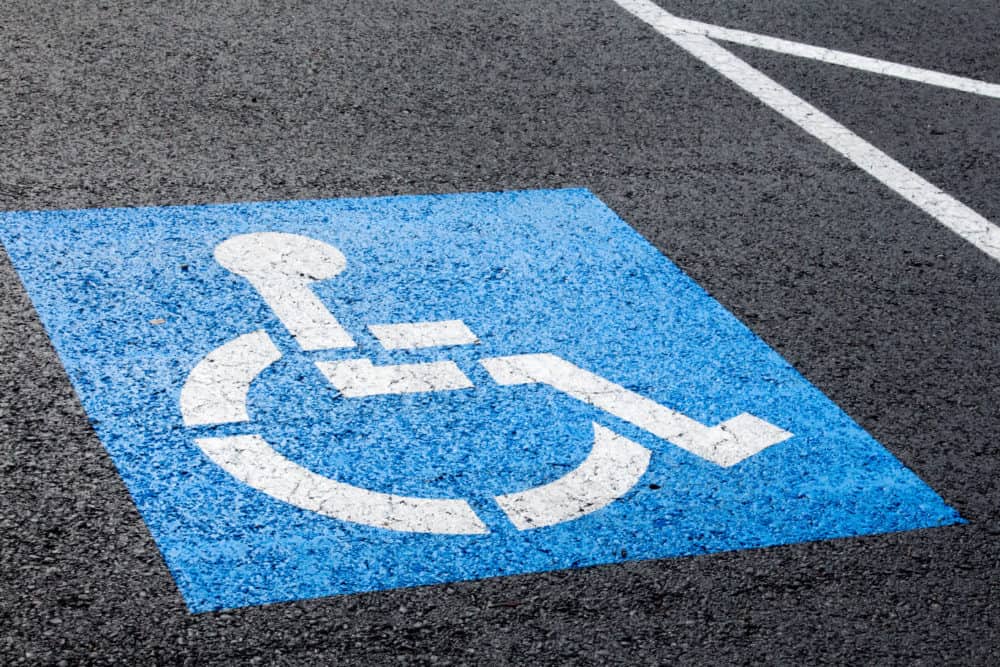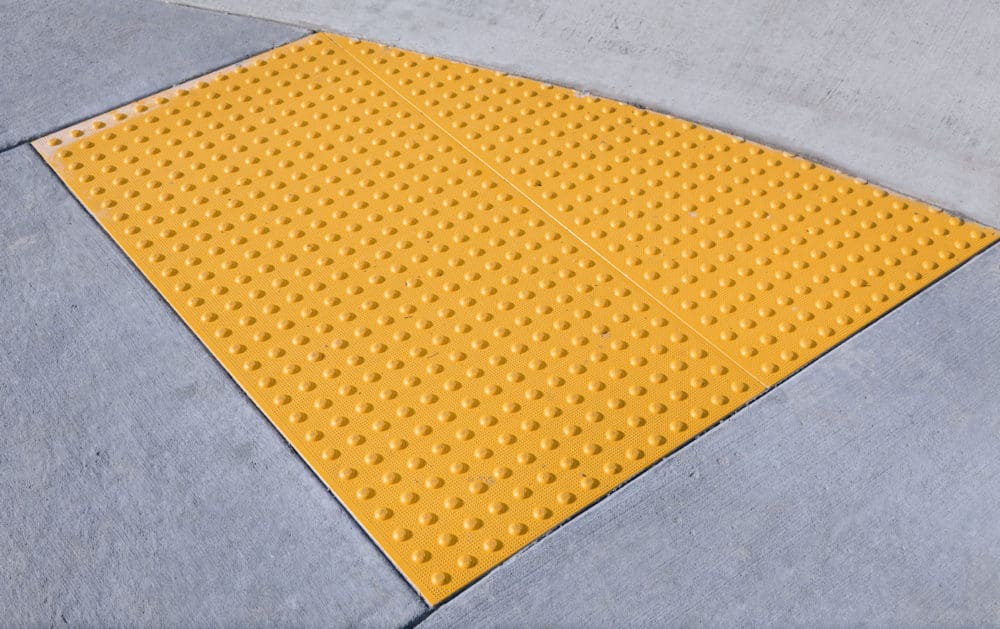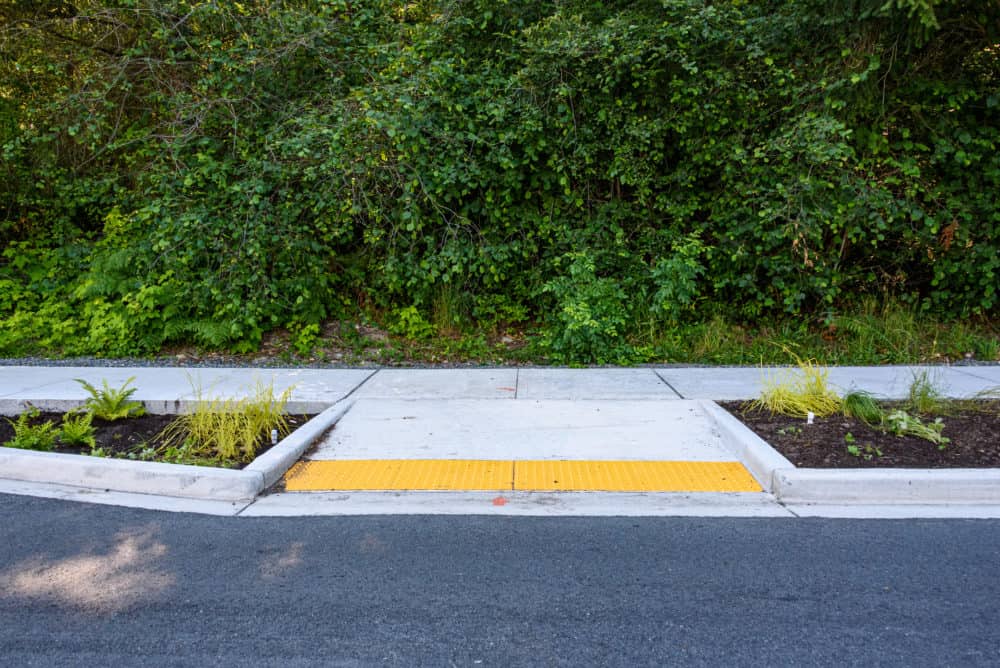Gary Lynch Appointed As Co-Lead Counsel For Financial Institution Plaintiffs In Home Depot Data Breach Litigation
On February 2, 2015, a federal district judge issued an order appointing Gary Lynch to serve as Co-Lead counsel responsible for managing nationwide litigation against Home Depot. All cases stemming from the data breach at Home Depot have been consolidated before U.S. District Judge Thomas W. Thrash in the Northern District of Georgia. Lynch Carpenter was initially retained by numerous financial institutions which have suffered readily quantifiable damages as a result of the data breach. Co-Lead Counsel will direct and manage proceedings on behalf of all financial institution plaintiffs.
Court Recommends That Cracker Barrel Motion To Dismiss Be Denied
On January 5, 2015, the United States District Court for the WDPA (Mitchell, J.) issued a Report and Recommendation suggesting that a motion to dismiss filed by defendant Cracker Barrel Old Country Stores, Inc. be denied. The motion sought dismissal of a class action complaint filed by Lynch Carpenter on behalf of a plaintiff with a mobility disability. In the complaint, Lynch Carpenter alleged that parking lots at defendant’s restaurants have slopes in their accessible parking spaces that violate the requirements of the ADA. Cracker Barrel has appealed the Report and Recommendation to Judge Hornak.
Giant Eagle Motion To Dismiss Denied
On December 3, 2014, the United States District Court for the Western District of Pennsylvania (Eddy, J.) issued an opinion and order denying a motion to dismiss filed by Giant Eagle, Inc. The motion sought dismissal of a class action complaint filed by Lynch Carpenter on behalf of a plaintiff with a mobility disability. In the complaint, Lynch Carpenter alleged that parking lots at defendant’s grocery stores have slopes in their accessible parking spaces and paths of travel that violate the requirements of the ADA. The case subsequently settled.
Court Denies Targets Motion To Dismiss Financial Institution Cases In Data Breach MDL
As reported previously, Gary Lynch was elected to the Executive Committee managing litigation on behalf of a putative class of financial institutions that is pending before Judge Magnuson in the United States District Court for the District of Minnesota. On December 2, 2014, the Court issued a decision denying almost all of the arguments advanced in Target’s Motion to Dismiss the case. Developments in this case should be instrumental in shaping the body of law that is evolving in the wake of recent data breach incidents in this country.
Quality Foods Motion To Dismiss Denied
On November 17, 2014, the United States District Court for the WDPA (Mitchell, J.) issued an opinion and order denying a motion to dismiss filed by defendant Quality Foods Corporation. The motion sought dismissal of a class action complaint filed by Lynch Carpenter on behalf of a plaintiff with a mobility disability. In the complaint, Lynch Carpenter alleged that parking lots at defendant’s grocery stores have slopes in their accessible parking spaces and paths of travel that violate the requirements of the ADA. The case subsequently settled.
Boston Market Motion To Dismiss Denied
On November 7, 2014, the United States District Court for the WDPA (Mitchell, J.) issued an opinion and order denying a motion to dismiss filed by defendant Boston Market Corporation. The motion sought dismissal of a class action complaint filed by Lynch Carpenter on behalf of a plaintiff with a mobility disability. In the complaint, Lynch Carpenter alleged that parking lots at defendant’s restaurants have slopes in their accessible parking spaces that violate the requirements of the ADA.
Lynch Carpenter Files Class Action Against Redbox On Behalf Of Blind Consumers
On September 17, 2014, CLSK filed a class action against Redbox Automated Retail in the United States District Court for the Western District of Pennsylvania, alleging that its self-service video kiosks are not accessible to visually impaired consumers in violation of the Americans With Disabilities Act. CLSK is committed to devoting substantial resources on behalf of individuals with disabilities to ensure that they share in the conveniences that are offered by evolving technology. To that end, CLSK has filed many similar cases on behalf of blind and visually impaired consumers.
Court Denies Penthouse Club Philadelphia's Motion For Summary Judgment
On June 30, 2014, the United States District Court for the Eastern District of Pennsylvania issued an opinion and order denying defendant Penthouse Club’s motion for summary judgment, ruling as a matter of law the plaintiff exotic dancer and similarly situated class members were employees, not independent contractors. The court had previously authorized the dissemination of notice in connection with plaintiff’s collective action claims under the Fair Labor Standards Act.
Gary Lynch Appointed To Executive Committee In Target Data Breach MDL
On May 22, 2014, a federal district judge issued an order appointing Gary Lynch to serve on the five-person Executive Committee responsible for overseeing the prosecution of nationwide litigation against Target Corporation. All cases stemming from the data breach which the retailer experienced in late 2013 have been consolidated before U.S. District Judge Paul A. Magnuson in the District of Minnesota. Lynch Carpenter was initially retained by numerous financial institutions which suffered damages as a result of measures the institutions were forced to take to protect their account holders from suffering identity theft and financial loss. The Executive Committee will work in conjunction with lead and liaison counsel to coordinate the litigation on behalf of both consumers and financial institutions.
The case is In re: Target Corporation Customer Data Security Breach Litigation, MDL No. 2522 in the U.S. District Court for the District of Minnesota.
Target Credit and Debit Card Breach Lawsuits
A massive data breach occurred when credit and debit card information from about 40 million Target shoppers was stolen. The Target Corporation announced that the track data was stolen as payment cards were swiped in its stores between November 27 and December 15, 2013. The Target breach resulted in millions of stolen credit and debit card account data allegedly being sold on the black market. Target has said hackers stole the personal information, including names, email addresses, phone numbers and home addresses of as many as 70 million customers.
A number of banks, credit unions and other entities that issued debit and credit cards, several of which are represented by Lynch Carpenter, are now suing Target for the cost of canceling and reissuing cards, closing transactions or accounts, refunding or crediting cardholders for unauthorized transactions, and notifying customers of the data breach. The Target data breach has forced these institutions to pay millions of dollars to reissue compromised cards and repay customers whose accounts were struck with fraud. The banks and credit unions who have brought suit also seek damages for business lost as wary customers avoided making card purchases.
The class action suits brought by Lynch Carpenter allege that Target knew or should have known that its payment processes were vulnerable to this sort of attack, yet the company failed to take adequate measures to protect sensitive data and did not inform customers or financial institutions about the ongoing attack for several weeks after it was discovered.
The cases assert that Target should be responsible because the company stored and maintained data from the magnetic stripe on customers’ cards for longer than 48 hours before the data was stolen. The 48-hour limit is imposed by Minnesota law. The lawsuits also claim that Target failed to adequately protect its’ customers’ data, and its misconduct regarding the confidential debit and credit cardholders’ information constitute deceptive acts and unfair trade practices.
The recently filed lawsuits seek monetary damages, attorney’s fees, and a finding that Target violated Minnesota law by maintaining customer account information longer than 48 hours, among other damages and remedies.










